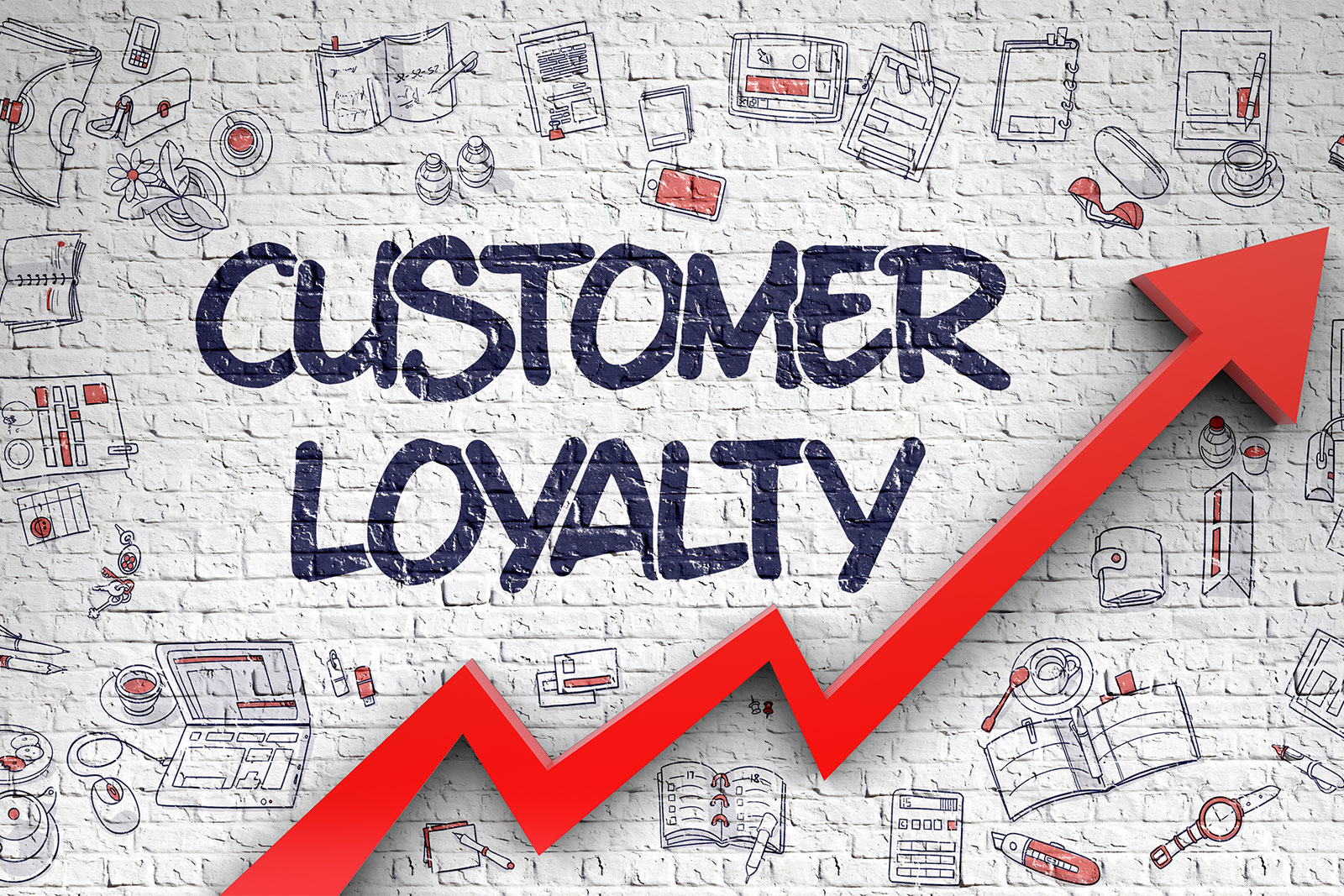By Felicia Nwosu
In light of escalating consumer interest in eco-friendly practices, businesses worldwide are prioritizing sustainability as a fundamental strategy for driving growth. A recent report by Simon-Kucher & Partners reveals that 34% of consumers are prepared to pay more for sustainable options, indicating a notable shift in buying habits.
As the global conversation around sustainability intensifies, brands are increasingly acknowledging the need to integrate eco-friendly practices into every facet of their operations. With consumers positioning themselves as proactive agents of climate action, the pressure on brands to adapt and respond is greater than ever.
Akinola Afere, Director of Client Services at Kantar, stressed that brands must pivot toward purpose-driven marketing. He pointed out that the rising demand for sustainable products has transformed consumer expectations over the past decade, urging companies to weave sustainability into their core practices.
Supporting this trend, research from NielsenIQ in 2015 indicated that 66% of consumers were willing to spend more on sustainable brands, a number that continues to climb. In Europe, an Accenture study highlighted that two-thirds of consumers evaluate a company’s transparency before making a purchase, while 62% prioritize brands with strong ethical values.
In this context, companies are stepping up their commitments to environmental, social, and governance (ESG) initiatives. Unilever, for example, has set ambitious targets, including achieving net-zero emissions by 2039 and investing $1.1 billion in sustainable projects over the next decade. The company also plans to label its products with comprehensive data on greenhouse gas emissions throughout their supply chain.
Sustainable packaging has become another critical area of focus. Procter & Gamble recently announced that its Old Spice and Secret deodorants will soon be available in plastic-free packaging, part of a broader initiative to achieve 100% recyclable or reusable packaging by 2030. Similarly, Nestlé is working toward ensuring that 95% of its packaging is recyclable or reusable by 2025, with over 80% of its materials for other products already optimized for recycling.
Adetunji Oyebanji, MD/CEO of 11PLC, highlighted the significance of understanding community needs to effectively implement sustainability practices. He advocates for innovative approaches that embrace circular economy principles and encourage responsible consumption, thereby reducing waste and environmental impact. “The new consumer paradigm centers around sustainability,” he remarked in an exclusive interview with MARKETING EDGE.
Nestlé Nigeria is also making notable advances in its sustainability efforts. The company recently launched new recyclable packaging for its premium cereal, Golden Morn, as part of its broader commitment to sustainability. Victoria Uwadoka, Nestlé’s Corporate Communications Lead, emphasized, “We are committed to creating products that are not only beneficial for consumers but also for the planet,” reflecting the company’s comprehensive approach to sustainability.






Comment
No comments found.